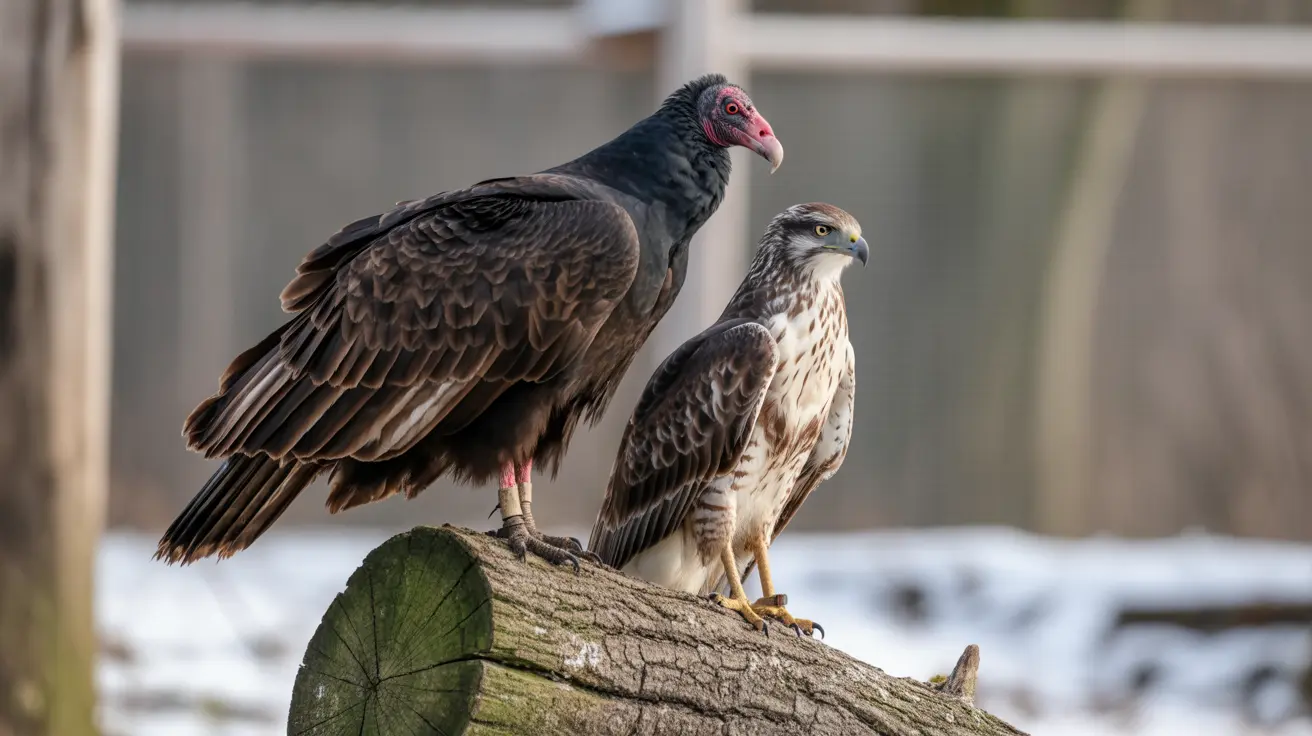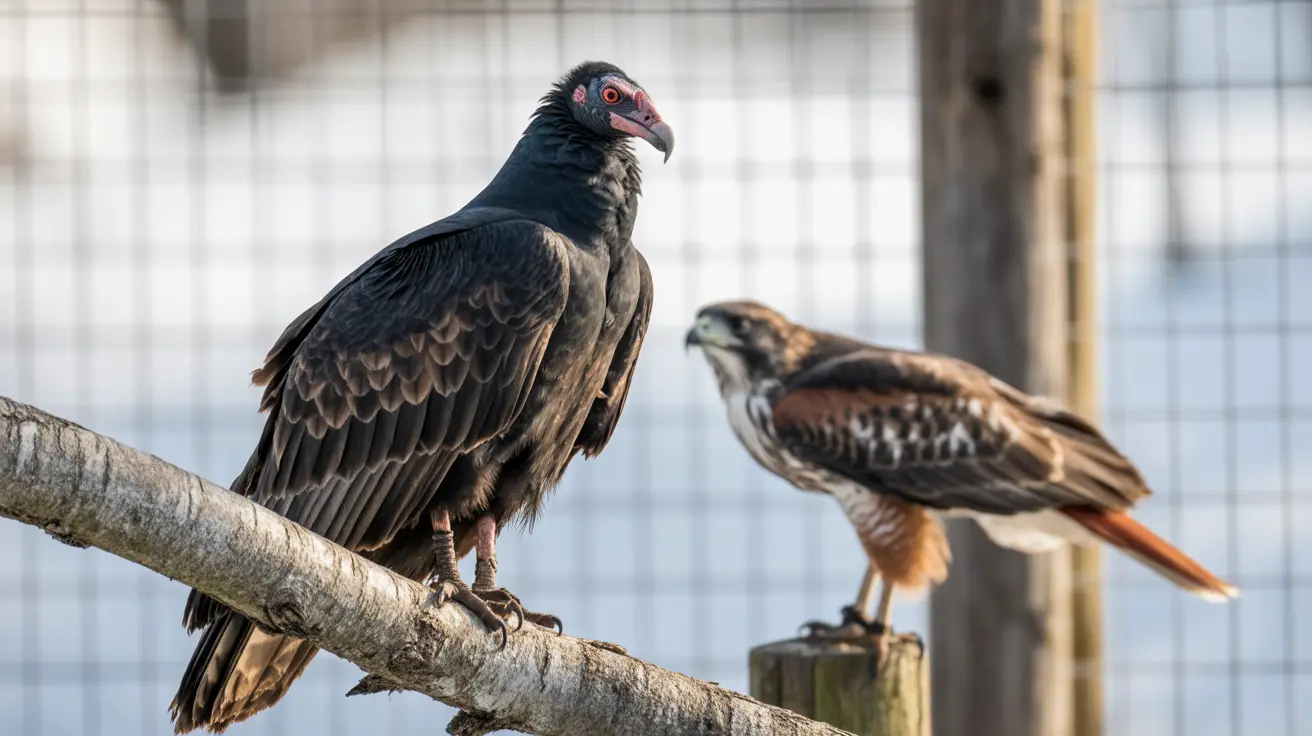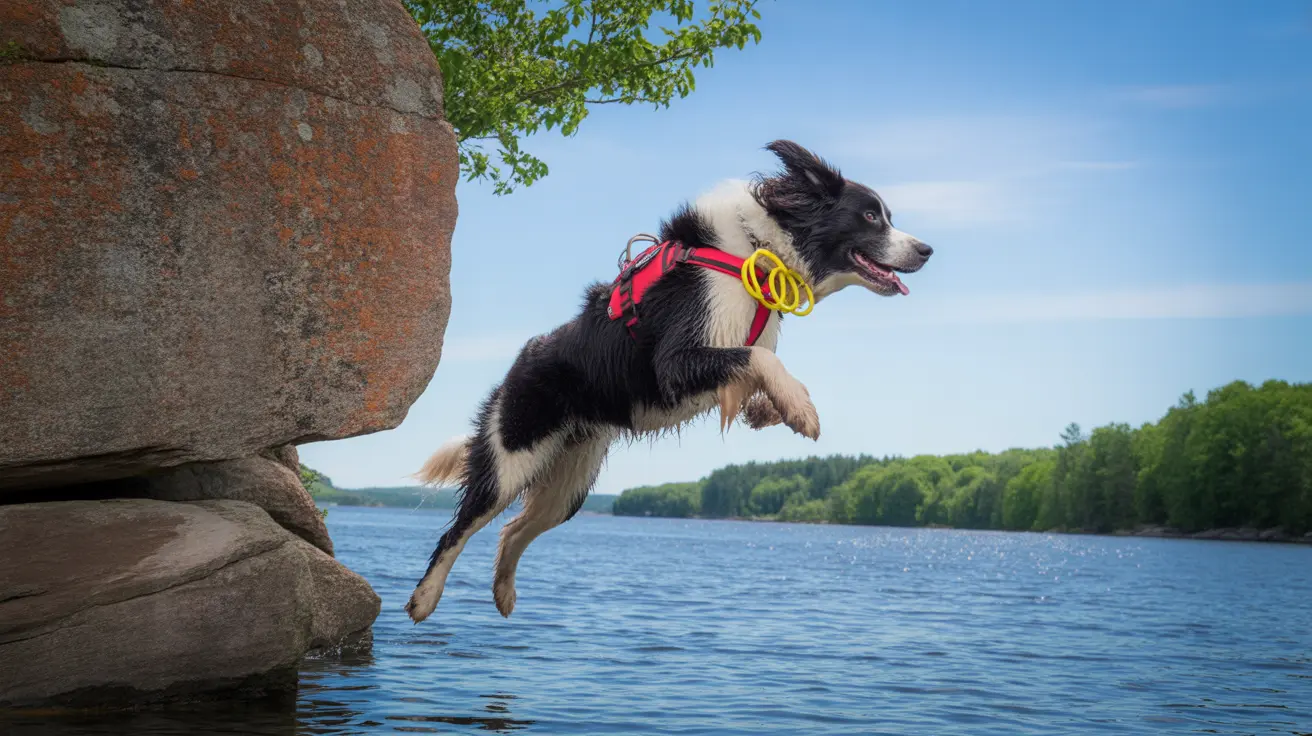Can Dogs Eat Pasta? A Guide to Safe Feeding
Many dog owners wonder whether sharing a bit of their favorite comfort food—pasta—is safe for their furry friends. While it’s tempting to treat dogs like family at mealtime, it's important to understand the nutritional and health implications of feeding pasta to a dog. This article explores how much pasta dogs can safely eat, the types of pasta that are safer than others, potential risks, and healthier alternatives.
Is Pasta Safe for Dogs?
Plain, cooked pasta is generally safe for dogs to eat in small portions. However, it should only be given occasionally and in moderation. Pasta is primarily a carbohydrate-heavy food and lacks the essential nutrients like protein and fat that dogs require for optimal health.
- Feed only plain, fully cooked pasta.
- No sauces, spices, salt, oils, or ingredients like garlic and onion should be added.
- Pasta should not form a regular part of your dog’s diet.
Risks of Feeding Too Much Pasta
Though not toxic in itself, feeding your dog too much pasta can lead to various health complications, especially if done regularly. These include:
- Weight Gain and Obesity: Pasta is packed with carbohydrates and calories, which can cause weight gain over time.
- Digestive Upset: A dog’s digestive system isn't designed to process large quantities of starches.
- Allergic Reactions: Some dogs may be allergic to wheat or gluten, leading to symptoms like itching, vomiting, or diarrhea.
- Unbalanced Nutrition: Regularly feeding pasta can displace more nutritious foods from your dog’s diet.
Whole-Wheat Pasta vs. Regular Pasta
Whole-grain or whole wheat pasta contains more fiber and B vitamins compared to traditional white pasta and may be a slightly better choice if you're sharing a tiny bite with your dog. However, the minor nutritional boost does not justify frequent inclusion in your dog’s diet.
Sauces and Add-ins: A Major Red Flag
You should never give your dog pasta served with sauce. Many sauces contain ingredients that are toxic to dogs, including garlic, onions, chives, salt, sugar, and spices. Even dairy additives like cheese can cause problems for lactose-intolerant dogs.
- Garlic and onions can cause anemia in dogs.
- Salt and sugar contribute to long-term health issues.
- Cheese and butter can lead to gastrointestinal distress.
Can Dogs Eat Raw Pasta?
Uncooked pasta presents a potential choking hazard and may cause digestive issues such as constipation, vomiting, or, in rare cases, intestinal blockage. If your dog eats a small amount of plain raw pasta, it will often pass without issue. However, watch for symptoms such as:
- Vomiting
- Lack of bowel movement
- Lethargy
If any of these signs appear after raw pasta consumption, contact your veterinarian.
Feeding Recommendations
Here are some key points to remember if you're considering sharing pasta with your dog:
- Stick to small portions: A couple of plain pasta strands as an occasional treat is plenty.
- Cook it thoroughly: Only offer fully cooked, soft pasta to minimize digestive discomfort.
- Use no seasonings: Always serve without sauces, salt, herbs, or oil.
- Supervise and observe: Monitor your dog for any signs of allergies or upset.
- Avoid if your dog has dietary restrictions: Dogs with obesity, diabetes, or grain sensitivities should not eat pasta.
Healthier Treat Alternatives
If you're looking for better snack options, consider these nutritionally appropriate treats for dogs:
- Cooked chicken or beef
- Plain cooked rice
- Apple slices (without seeds)
- Canned tuna in water (no salt added)
These alternatives contain more protein and essential nutrients without the empty calories that pasta offers.
Resistant Starches and Gut Health
Interestingly, cooking and then cooling pasta, rice, or potatoes develops resistant starches. These act as dietary fibers and support gut health by promoting beneficial short-chain fatty acids. While this can be positive for overweight or diabetic dogs, these carbs should still be kept to a minimum and never replace a balanced, species-appropriate diet.
Final Thoughts
While pasta isn't toxic to dogs, it should not be a regular addition to their diet. Feed only in moderation, always ensure it's plain and cooked, and never include harmful sauces or spices. Ultimately, dogs thrive on high-protein diets tailored to their specific nutritional needs — something commercial dog food is formulated to provide. If you’re ever unsure, always consult your veterinarian before introducing new foods to your dog’s meal plan.





